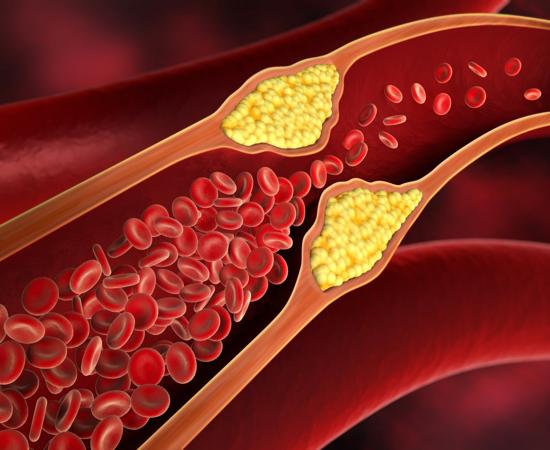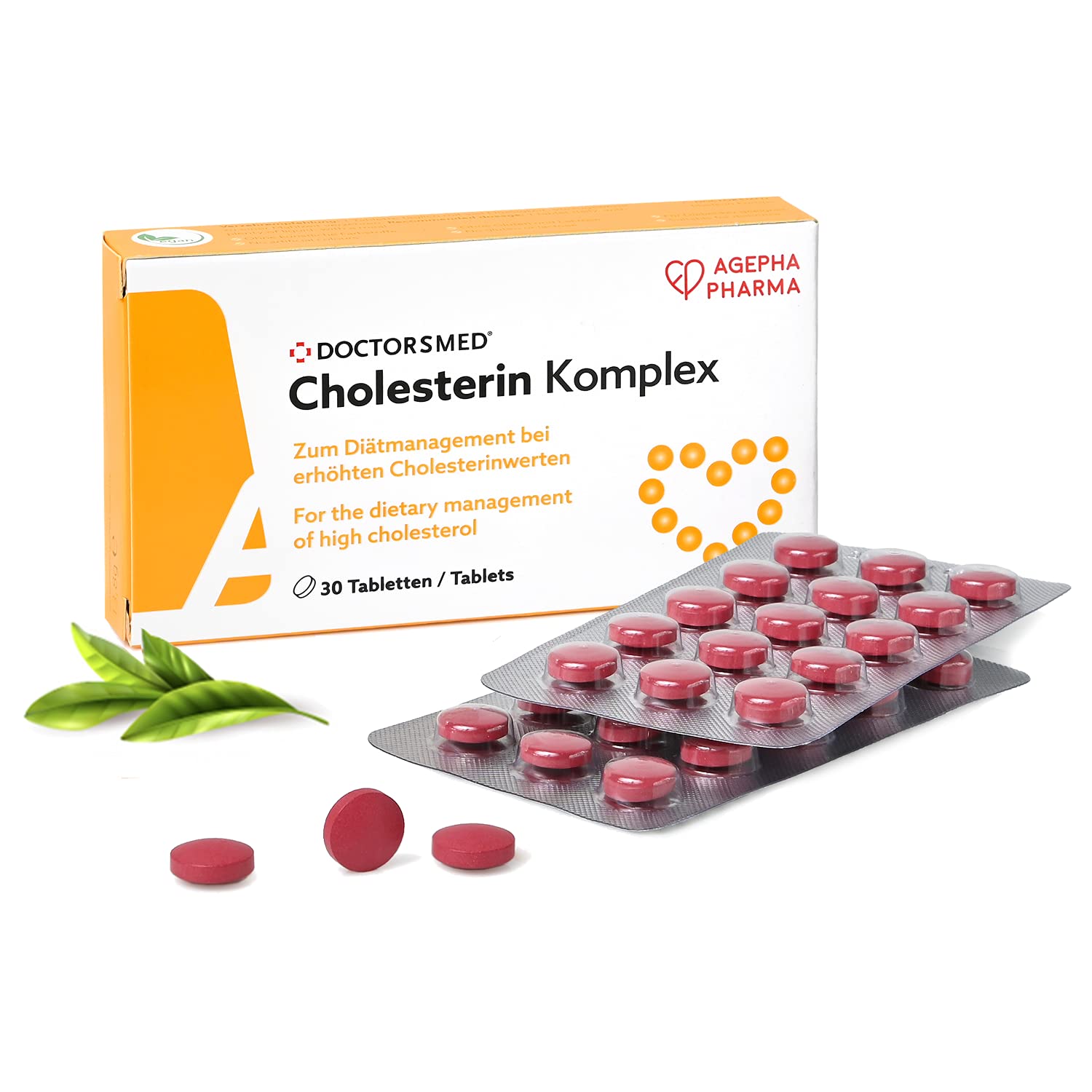Introduction
High cholesterol is a common health condition that affects millions of people worldwide. It occurs when there is an imbalance of cholesterol levels in the body, leading to various health risks. In this article, we will explore the symptoms, causes, treatment, and prevention of high cholesterol.
Benefits of Understanding High Cholesterol
By understanding high cholesterol and its implications on your health, you can take proactive steps to manage your cholesterol levels and reduce the risk of developing serious health conditions such as heart disease and stroke. Being informed about high cholesterol empowers you to make healthier lifestyle choices and seek appropriate medical interventions.
High Cholesterol: A Detailed Explanation
Cholesterol is a waxy, fat-like substance that is found in every cell of the body. There are two main types of cholesterol: low-density lipoprotein (LDL) and high-density lipoprotein (HDL). High levels of LDL cholesterol, often referred to as “bad” cholesterol, can lead to the buildup of plaque in the arteries, increasing the risk of heart disease and stroke. On the other hand, HDL cholesterol, known as “good” cholesterol, helps remove LDL cholesterol from the bloodstream.
high cholesterol symptoms
Most people with high cholesterol do not experience any symptoms, making it a silent but dangerous condition. However, in some cases, high cholesterol can manifest as chest pain, heart palpitations, and yellowish deposits around the eyes.
High Cholesterol Foods to Avoid
To manage high cholesterol levels, it is crucial to avoid or limit the intake of foods high in saturated fats, trans fats, and dietary cholesterol. These include fried foods, red meat, full-fat dairy products, and processed foods.
high cholesterol treatment
The treatment for High Cholesterol typically involves lifestyle modifications such as following a healthy diet, engaging in regular exercise, and quitting smoking. In some cases, medications such as statins may be prescribed to lower cholesterol levels.
High Cholesterol Causes
Several factors can contribute to high cholesterol levels, including genetics, poor dietary choices, lack of physical activity, obesity, and smoking. Understanding the underlying causes of high cholesterol is essential for developing an effective treatment plan.
Frequently Asked Questions about High Cholesterol
1. What is the ICD-10 code for high cholesterol?
The ICD-10 code for High Cholesterol is E78.5.
2. Can High Cholesterol lead to other health conditions?
Yes, high cholesterol is a risk factor for heart disease, stroke, and other cardiovascular problems.
3. Are there natural remedies for managing High Cholesterol?
While lifestyle changes are the cornerstone of high cholesterol management, some natural remedies like consuming omega-3 fatty acids and soluble fiber may also help.
4. How often should cholesterol levels be checked?
It is recommended to have your cholesterol levels checked at least once every five years, starting at age 20.
5. Can high cholesterol be reversed through diet and exercise alone?
In many cases, high cholesterol can be effectively managed through diet, exercise, and weight loss. However, some individuals may require medication to lower their cholesterol levels.
Conclusion
high cholesterol is a serious health concern that requires attention and proactive management. By maintaining a healthy lifestyle, making dietary modifications, and seeking medical advice when necessary, you can reduce your risk of developing complications associated with high cholesterol. Remember, knowledge is power when it comes to safeguarding your heart health.


